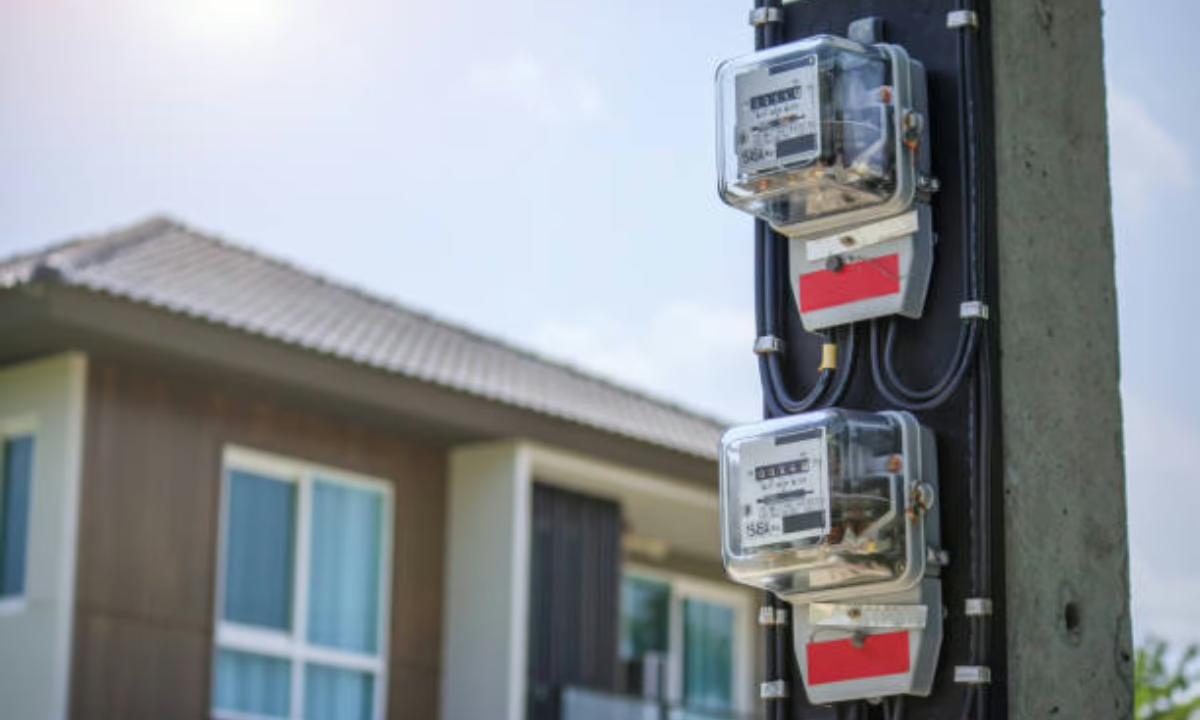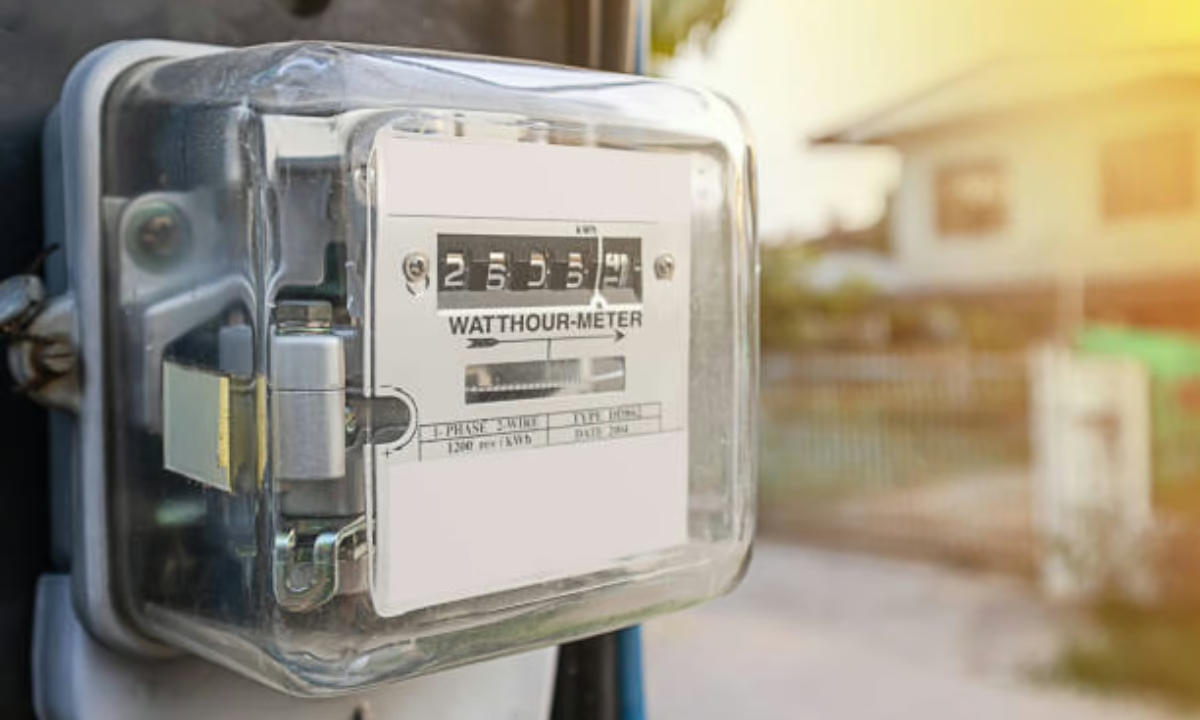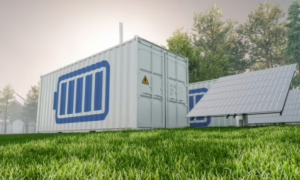Solar energy is becoming a mainstream power source for homes across India, and installing the right solar meter is now a crucial part of every household’s solar power setup. A solar energy meter allows homeowners to monitor power generation, consumption, and even export to the grid. In 2025, as more homes adopt renewable energy, understanding how to choose the best solar meter will ensure optimal energy usage and cost efficiency.
This guide helps you navigate through the key features, types, and technologies of solar meters, and how to select the best one for your home.
What is a Solar Meter?

A solar meter, also known as a solar energy meter, is a device used to measure the electricity generated by a rooftop solar system. It provides data on the total energy produced, energy consumed by the household, and any excess power sent back to the grid. These readings are vital for accurate billing, efficient energy management, and tracking the return on investment from your solar system.
Why You Need a Solar Energy Meter in 2025
As solar energy adoption increases, regulations are evolving, and grid-tied systems are becoming more common. A solar energy meter ensures that:
- Energy production is tracked accurately.
- Utility companies can bill homeowners for the net energy used.
- Homeowners can monitor energy use and reduce wastage.
- The performance of solar panels can be evaluated over time.
In 2025, energy optimization will be key, and having a reliable solar meter is the first step toward smart energy consumption.
Types of Solar Meters
There are several types of solar meters used for residential purposes, each serving a specific function:
1. Net Meters
Measures both the electricity consumed and the electricity generated. The meter subtracts the energy sent to the grid from the energy drawn from it.
2. Gross Meters
Records all solar energy generated, regardless of how it is used or exported.
3. Bi-Directional Meters
Measures power flow in both directions—into and out of the home—making it ideal for grid-tied solar systems.
4. Smart Meters
Advanced meters that offer real-time data monitoring, remote access, and integration with mobile apps. They also support time-of-use billing and better energy analytics.
Key Features to Look for in a Solar Meter
1. Accuracy and Certification
The meter should comply with the latest regulations and certifications from the relevant electrical authorities in India. This ensures billing accuracy and compatibility with utility systems.
2. Digital Display
A digital readout provides easy-to-read information such as total energy generated, exported, and imported.
3. Real-Time Monitoring
Modern meters allow real-time data tracking, which helps homeowners make energy-efficient decisions.
4. Compatibility with Solar Inverters
Ensure the meter is compatible with your existing inverter model to avoid technical issues.
5. Data Logging and Cloud Integration
Many smart solar meters allow historical data analysis through cloud platforms or mobile apps, enabling long-term performance monitoring.
How Smart Meter Works
A smart solar meter records energy usage in short intervals and sends this data to the utility provider in real-time or at scheduled intervals. These meters can also communicate with energy management systems, helping to automate and optimize energy usage in the home.
Smart meters often feature:
- Remote data collection
- Automated billing
- Power outage detection
- Load control options
Top Brands Offering Solar Meters in India
Several companies in India offer reliable and innovative solar meter options. One of the well-known names in this space is Secure Energy Meters.
Secure Energy Meters
Known for accuracy and innovation, Secure Energy offers a wide range of digital, net, and smart solar meters. Their products are compatible with Indian grid standards and come equipped with data logging and cloud connectivity features.
What to Ask Before Buying a Solar Meter
Before purchasing a solar energy meter, consider these important questions:
- Is the meter approved by local DISCOMS (Distribution Companies)?
- Does it support net metering or gross metering as per your solar system design?
- Is it future-proof with smart features and remote access?
- Is it easy to install and maintain?
Where to Buy Solar Meters?
For homeowners looking to install or upgrade to a smart solar meter, it’s best to purchase from certified solar panel distributors in India. These distributors often provide bundled packages including meters, inverters, and solar panels with after-sales service and installation support.
Benefits of Installing a Solar Meter in 2025
1. Transparent Energy Management
With a solar meter, homeowners can track power generation and consumption easily, making them more aware of their usage patterns.
2. Reduced Electricity Bills
By monitoring usage in real-time, homeowners can shift their energy-heavy tasks to daylight hours when solar generation is highest.
3. ROI Tracking
A solar energy meter helps in understanding the return on investment from your solar system by tracking every unit of energy generated and consumed.
4. Government Compliance
State and central policies in India are promoting solar energy. Having a certified solar meter is essential for availing subsidies, net metering benefits, and meeting regulatory requirements.
Conclusion: Why It Matters in 2025
As India continues its shift toward renewable energy, the demand for intelligent energy monitoring tools like the solar meter is expected to rise significantly. Whether you’re installing a new solar system or upgrading an old one, choosing the right solar energy meter ensures that your investment is secure, efficient, and future-ready.
With brands like Secure Energy Meters offering advanced and reliable solutions, and the growing network of solar panel distributors in India, it’s easier than ever to find the perfect solar meter for your home. For homeowners aiming to make a smart energy transition in 2025, investing in the right solar meter and partnering with trusted providers like Sunap is the way forward.




